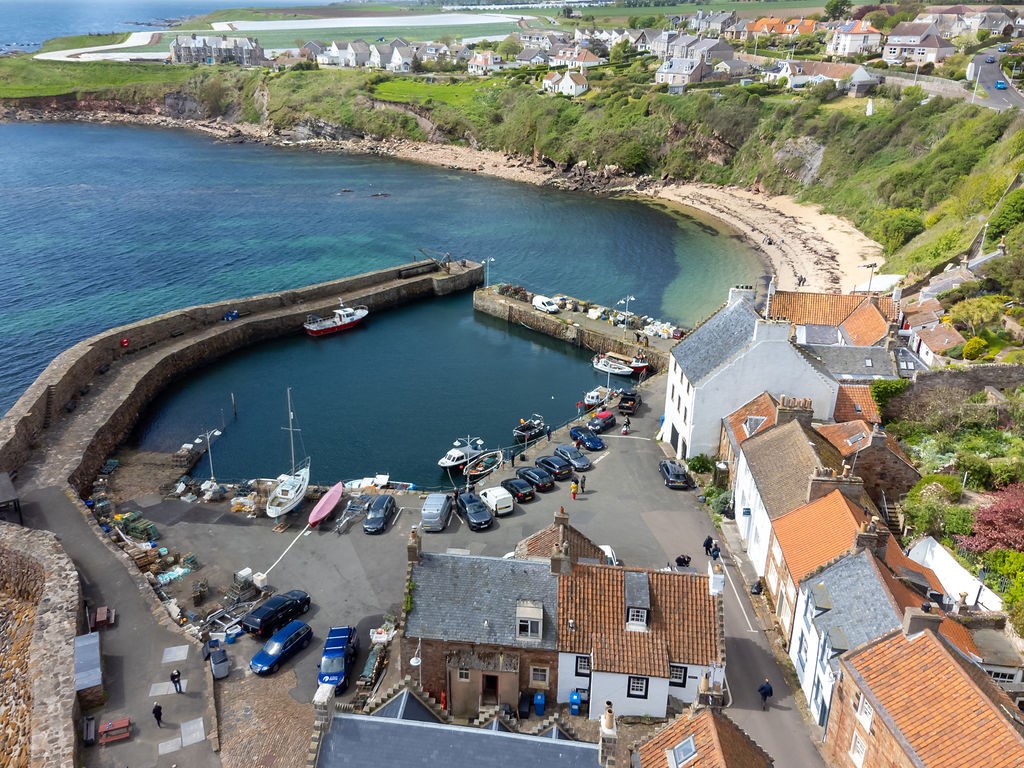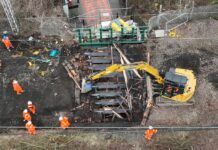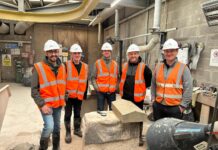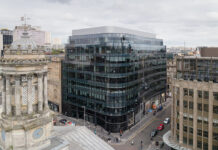
RETTIE & Co is reporting that residential Land & Buildings Transaction Tax (LBTT) revenue, including Additional Dwelling Supplement (ADS) on second homes, has reached a record high in Scotland of over £600 million.
The property specialist said 63% of house sales over the minimum £145,000 threshold represents the highest proportion of transactions since the introduction of the tax in 2015/16.
Dr John Boyle, director of research & strategy at Rettie & Co, said, “When LBTT was introduced, more than 50% of transactions fell under the £145k threshold. However, as house prices have risen, only around 37% now fall under the threshold. So, while it was once the case that a majority of Scots wouldn’t pay a housing transaction tax, almost two-thirds of sellers will now be subject to LBTT.”
2022/23 figures are driven by what Rettie describes as ‘rising prices and a relatively strong sales market’, although LBTT receipts by Revenue Scotland are expected to contract by around 16% in the year to 31st March 2024.
Dr John Boyle added, “Looking at the count of monthly LBTT receipts, there was a marked downturn from October onwards when interest rates and mortgage costs began to rise suddenly and steeply. With transactions likely to fall this year, this will impact on property tax revenue.”
Total LBTT revenue from Edinburgh was estimated to be over £128 million in 2022/23, while Glasgow generated approximately £38 million. The average LBTT bill in Edinburgh was £11,720, compared to £3,288 in Glasgow, and £3,062 in Aberdeen.








